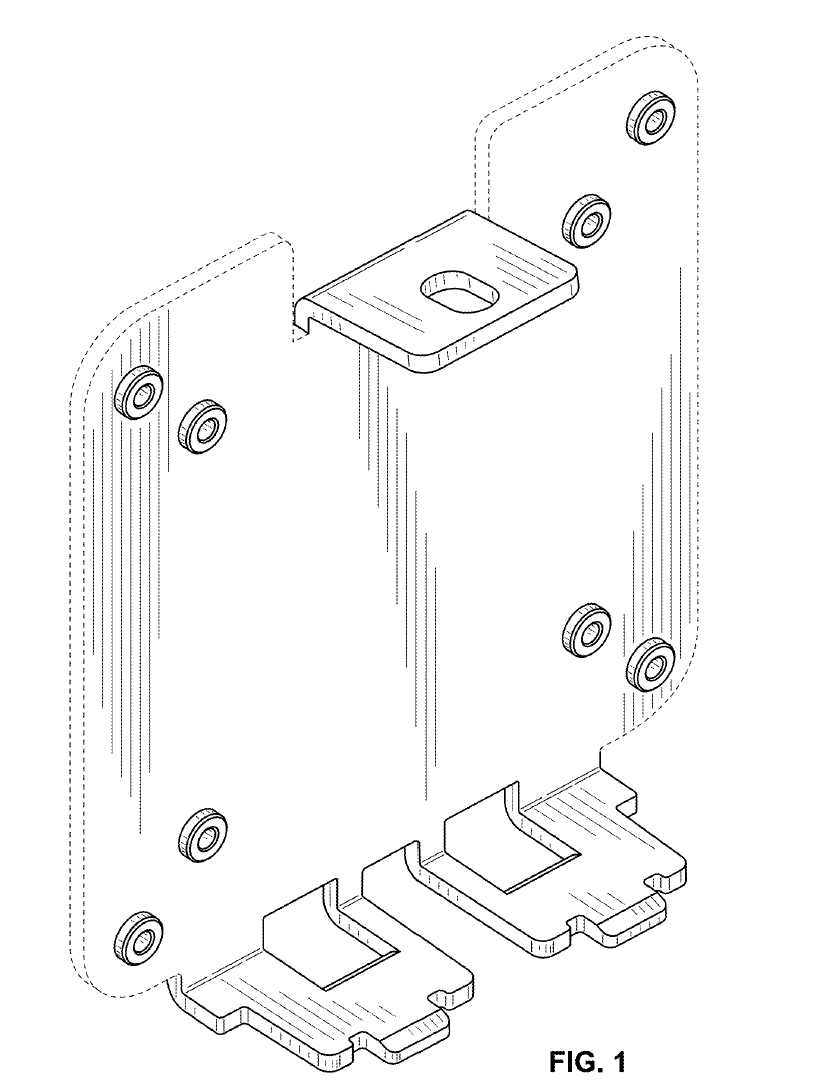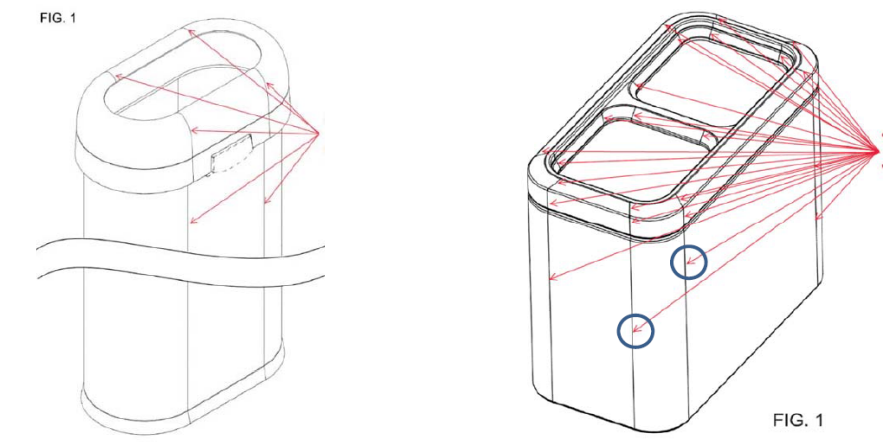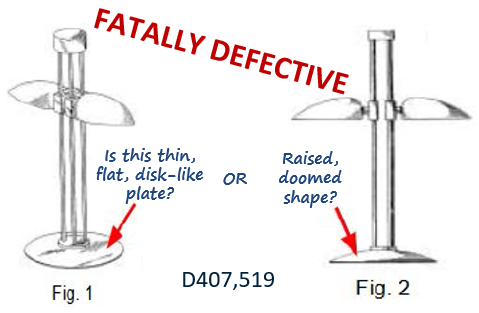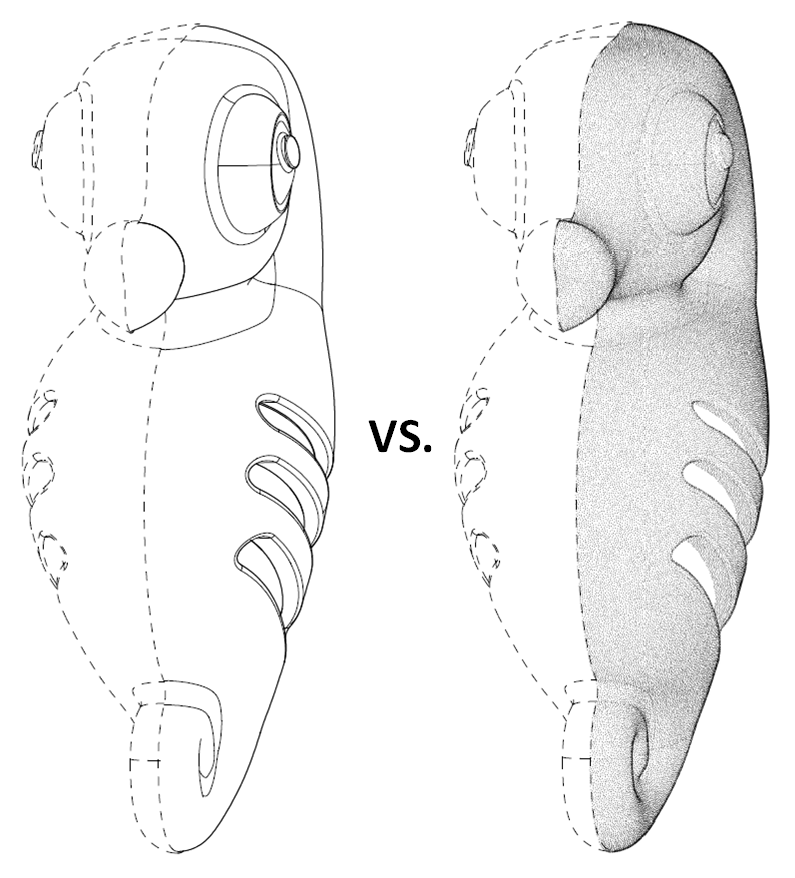Design Patent Case Study for Attorneys: Avoid Rejections by Excluding Functional Elements
- IP DaVinci
- Article
- June 6, 2025
Table of Contents
⚖️ Over-Claiming Kills Design Patents: What Attorneys Must Know
Design patents are judged by their drawings—and claiming the wrong lines can lead straight to invalidation.
Here’s a case every attorney should know:
Sattler Tech. v. Humancentric Ventures, PGR2019-00030.
In this PTAB challenge, a simple bracket was at stake.
But the takeaway was massive: functionality kills ornamentality—especially when it’s drawn in solid lines.
🔍 Case Summary: The Pitfall of Claiming Functionally Dictated Parts
In U.S. Design Patent No. D823,093 (a “VESA mount adapter bracket”), the patentee included:
- 3 tabs
- 8 grommet heads
- A bracket perimeter (dashed = disclaimed)

The patent was challenged in a Post-Grant Review (PGR) for lacking ornamentality.
PTAB agreed the bracket’s claimed features were “dictated by function.”
Key PTAB reasoning included:
- Spacing and placement of grommets mirrored VESA mechanical specs.
- Height and diameter of parts followed functional standards.
- Nothing ornamental was claimed beyond these functional dimensions.
⚠️ Why This Matters for Patent Attorneys
As a patent attorney, your clients count on you to:
- Prevent invalidity challenges.
- Draft defensible, enforceable claims.
- Maximize the lifespan and scope of design rights.
But if you let solid lines include functional geometry—even unintentionally—you weaken the entire design.
💡 Actionable Lessons for Attorneys
✅ 1. Use Phantom Lines to Disclaim Functional Elements
Any part dictated by fit, size, or performance?
Draw it with dashed lines to avoid claiming it.
Think like litigation counsel: If you had to defend this design in court, could you argue it’s purely ornamental?
✅ 2. Evaluate Standards-Compliance Carefully
If dimensions follow industry specs (like VESA), they’re probably not protectable ornamentation.
🔍 Run a “standards check” before finalizing your drawings.
✅ 3. Push Back on Overzealous Detail
Don’t let drafters include everything visible in the CAD.
The goal isn’t to show what the product is—only what’s protectably ornamental.
💬 Tip: Use a two-tier drawing strategy.
- Tier 1: Submit ornament-only claims.
- Tier 2: File a broader version only if ornamentality is clear.
✍️ Final Thought
The Sattler case is a wake-up call for attorneys filing design patents:
Drawings can bury or bulletproof your claims.
If it’s functional—disclaim it.
If it’s ornamental—claim it cleanly.
The best defense isn’t a great argument—it’s a great drawing.
🎯 Want Design Drawings That Stand Up in Court?
STIPPLES by IP DaVinci helps you file smarter design patents with:
- 🛑 Automatic detection of functional elements
- ✍️ Smart dashed-line rendering
- 🧱 CAD-to-patent drawing pipelines built for prosecution and litigation
📩 Ready to Upgrade Your Design Drawing Process?
We help attorneys get drawings that avoid objections and survive post-grant reviews.


